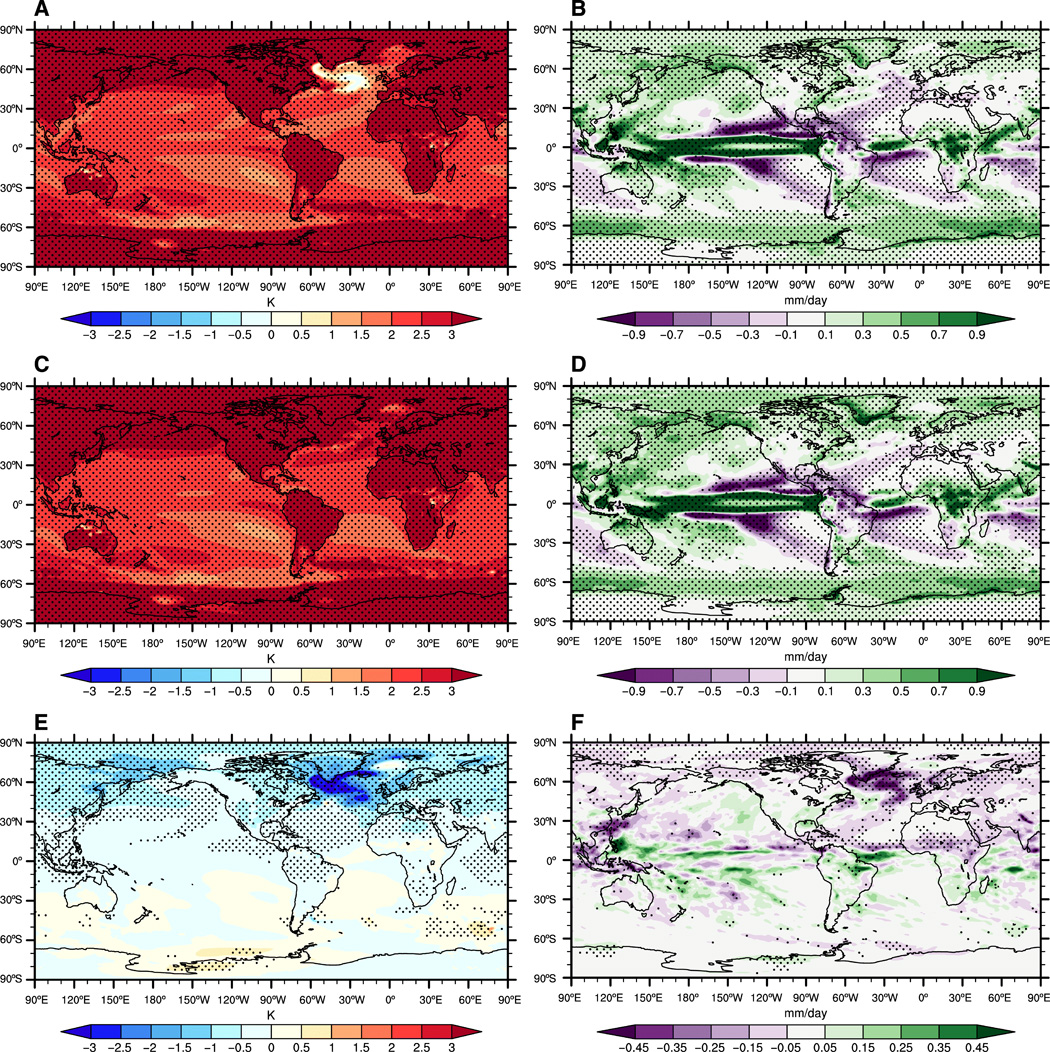
How to get URL link on X (Twitter) App



https://twitter.com/RogerPielkeJr/status/1688998443807805442Tonga was first detected by geostationary satellites on January 15, 2022. Rather than silencing it, there was some initial fascination about the intensity, record-setting altitude, and global extent of atmospheric waves emanating from the source. And of course a lot of interest… twitter.com/i/web/status/1…



 During El Nino, there is buildup of heat in the ocean that spreads eastward across the Pacific and poleward along the two Americas. The tropics and (global-mean) warm, with slight cooling in parts of the higher latitudes. This pattern is ~opposite during La Nina.
During El Nino, there is buildup of heat in the ocean that spreads eastward across the Pacific and poleward along the two Americas. The tropics and (global-mean) warm, with slight cooling in parts of the higher latitudes. This pattern is ~opposite during La Nina.


https://twitter.com/Peters_Glen/status/1435488027812548611First, I don’t think the term “runaway” should ever really be used except in some very specific cases. For example, a snowball earth (cold) or runaway greenhouse (hot) transition are “runaways,” that stabilize in a drastically different climate.


https://twitter.com/ShellenbergerMD/status/1277380835532877824Naturally, the nonsense that came out of the activists are not "the IPCC." This has been robust across multiple assessment reports.

https://twitter.com/realDonaldTrump/status/1090074254010404864Then in the summer we tilt and get more sunshine. A LOT MORE. I know all about sunshine, believe me, you wouldn't believe the amount of sunshine we get.
https://twitter.com/JunkScience/status/1073757414770524162Once upon a time, there was a planet, pretty comparable to Earth in size. It could of had a nice climate for a bit...depending on things like topography and rotation rate. A slow spin exposes its dayside to the sun for almost two months at a time, which sounds bad but...

https://twitter.com/bobkopp/status/1026782504844517383




https://twitter.com/RyanMaue/status/953698858592120832